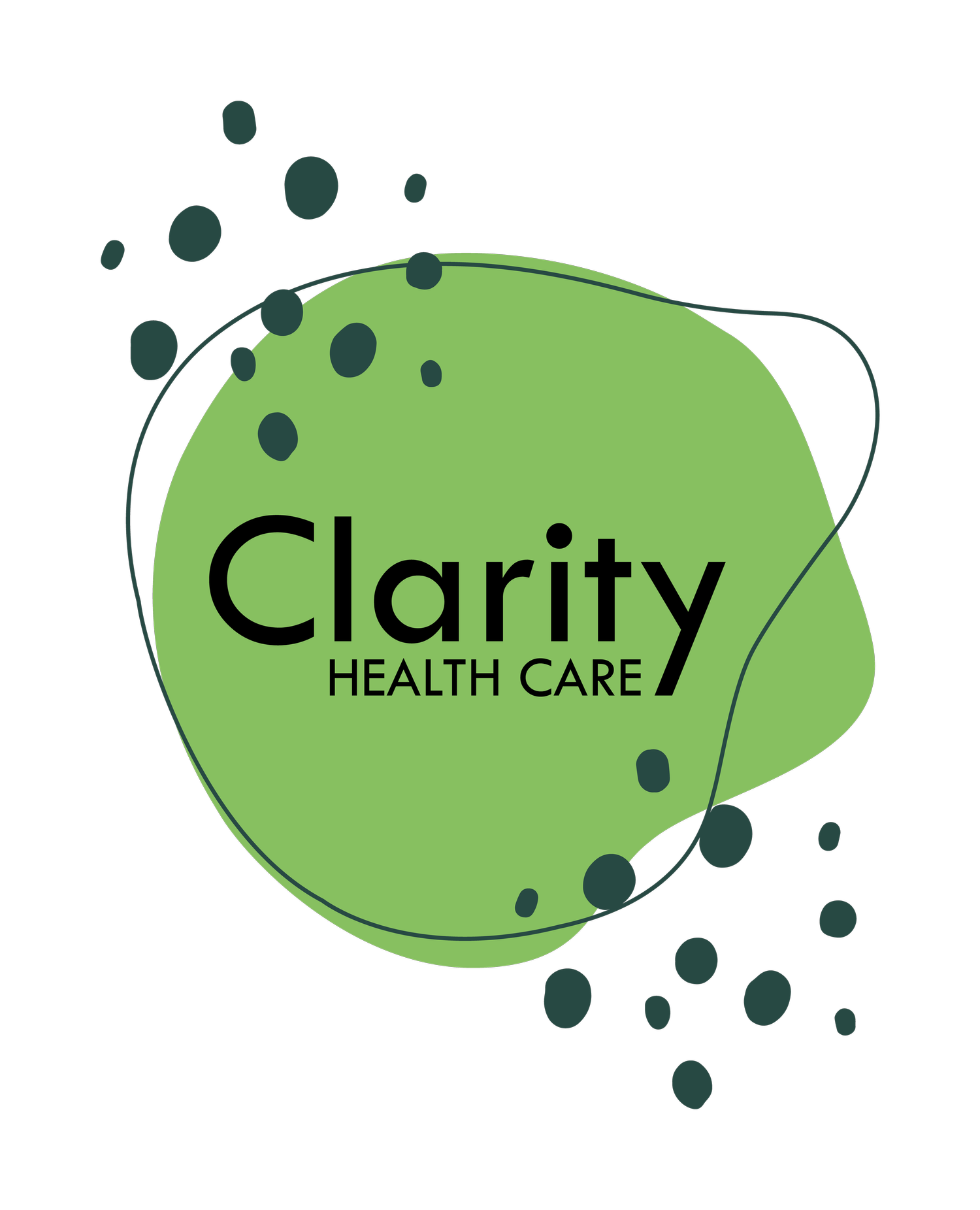
Optimal Health Program
Alcohol Harm Reduction
Written by Aimee Oliveri (Clinical Psychologist & Mental Health Content Creator) in Collaboration with Clarity Health Care
The State of Alcohol Consumption in Australia
Alcohol is a depressant drug, which means it slows down the messages travelling between the brain and body. It can affect you quickly depending on factors like weight, health, and the type and amount of alcohol consumed.
In Australia, the consumption of alcohol is widespread and entwined with many social and cultural activities. According to The Alcohol and Drug Foundation Australia (ADF):
- Around 77% of Australians drink alcohol.
- One in three Australians (33%) who drink alcohol exceed the Australian Alcohol Guidelines, putting them at risk of alcohol-related disease or injury.
- Around one in ten or 9.9% of people who drink are dependent on alcohol.
Things do appear to be shifting though as over the last 20 years, alcohol use among Australians has significantly decreased.
Australian Guidelines
So how do you know if you’re drinking to excess? Well, the Australian Alcohol Guidelines provide advice to help Australians make informed decisions about how much alcohol to drink, if any. While there is no safe level of alcohol use, The guidelines recommend:
- No more than 10 standard drinks a week.
- No more than 4 standard drinks on any single day.
- Those under 18, pregnant, or breastfeeding should not drink alcohol.
Monitoring your alcohol consumption can be challenging. A standard drink is defined as 10 grams of pure alcohol, however, many alcoholic drinks contain more than one standard drink depending on the type of alcohol and the size of the glass.
To find out how accurate your standard drink knowledge is, use this handy standard drink tool.
Still unsure if you’re drinking too much? Take this quiz.
Alcohol Related Harm
While a drink here and there is generally unproblematic, it can be a slippery slope to alcohol reliance. Excessive alcohol consumption is a major cause of preventable injury, accidents, disease and death in Australia. Harms from alcohol not only impact the individual, but also families, friends, and the wider community, particularly with heavy daily or binge drinking.
Short-Term Effects
A single occasion of excessive alcohol consumption can result in:
- Lowered inhibitions
- Interpersonal conflict
- Falls and accidents
- Altered behaviour – including risky or violent behaviour
- Hangover
- Alcohol poisoning
Some of the less known impacts of short-term alcohol consumption can include:
- Exacerbation of pre-existing physical and mental health conditions such as autoimmune disorders, gastrointestinal issues, and sleep apnoea.
- Interference with sleep quality
- Mood fluctuations
- Reduced effectiveness and interaction effects with certain medications and supplements
- Disruption to routine and self-esteem
Long-Term Effects
Regular and heavy alcohol use can result in:
- Serious deficiencies
- Severe mental health deterioration
- Memory issues
- Cardiovascular problems
- Financial hardship
- Liver disease
- Cancer
- Domestic and public violence and criminal charges
- Social dysfunction and isolation
- Alcohol tolerance, dependence and withdrawal
Harm Reduction Strategies
If you or someone you know engages in regular excessive alcohol use, harm minimisation is crucial. Practical ways to reduce harm when drinking include:
- Follow the Australian drinking guidelines.
- Alternating alcoholic drinks with water or non-alcoholic beverages.
- Opting for smaller servings.
- Setting a drink limit and adhering to it.
- Eating before and during drinking.
- Engaging in activities while drinking, such as playing pool, singing karaoke, dancing, or talking to friends.
- Sip, don’t gulp.
- Putting your glass down between sips.
- Avoiding topping up your glass until it's finished.
- Timing your drinks “This drink is going to last me an hour”.
- Steer clear of using alcohol to quench thirst.
- Pick your drinking times (e.g., between 5.00pm and 8.00pm) and stick to them.
Steps for Quitting
If you’re aiming to reduce or quit alcohol, consider the following:
- When people stop using drugs or alcohol, they often go through a period of withdrawal which can be medically dangerous and in the case of alcohol, fatal.
- People with chemical dependence frequently require support with planning ahead, coping strategies, and occasionally supplementation with vitamins (e.g., thiamine) to aid them in the process.
- Medical professionals can prescribe medications to help alleviate withdrawal symptoms and cravings associated with alcohol dependence, otherwise known as Medication-Assisted Treatment. These medications, when used in conjunction with counselling and lifestyle changes, can help make it easier to not use drugs or alcohol.
- When individuals have a predisposition to or a history of mental health issues, the impacts of introducing, reducing, or removing chemical substances from their system can be unpredictable, often necessitating additional support during this period.
Thus, taking steps to reduce or quit alcohol is best done under the guidance of qualified professionals to ensure safety and increase chances of success.
Getting Help
If alcohol use is impacting your life or the life of someone you know, the following services may be able to help:
- See your Doctor for information and referral
- The National Alcohol and Other Drug Hotline (1800 250 015): Offers free and confidential advice, information, and counselling.
- Path2Help: The Alcohol and Drug Foundation’s free, online platform that helps you find alcohol or other drug services near you.
- Websites like The Alcohol and Drug Foundation and Alcohol Think Again provide valuable information and tools for reducing alcohol use.
